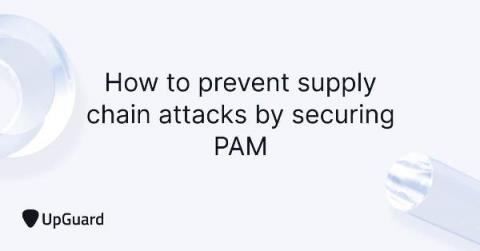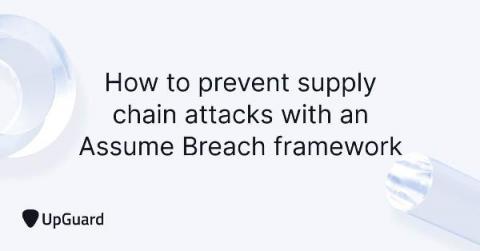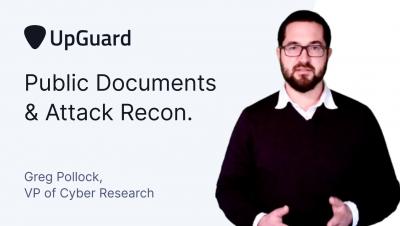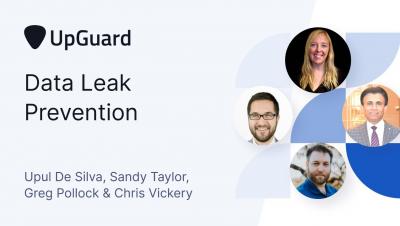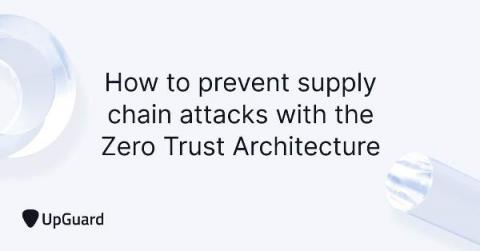How to prevent supply chain attacks by securing PAM
The SolarWinds supply chain attack against the US Government was the largest and most sophisticated breach in history. A post mortem operation is still underway and with every stage of its progression, cybersecurity experts become increasingly flabbergasted at the INNOVATIVE complexity of the techniques used. But despite nation-state's efforts to conceal their tactics, they left some highly-valuable clues about their methods that could be leveraged to sharpen supply chain attack defenses.


